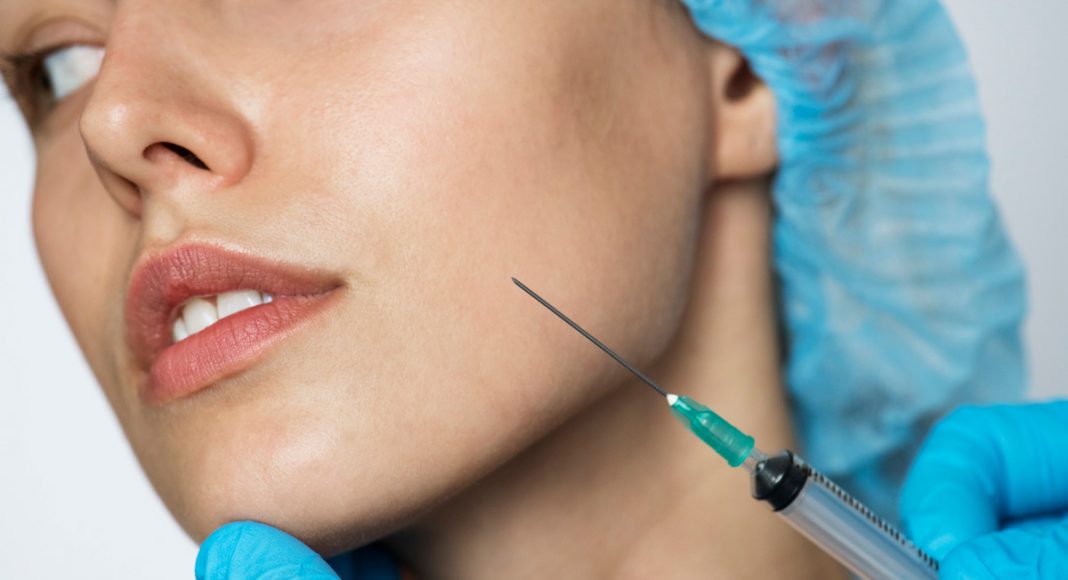Welcome to the future, where instead of using photo filters where they belong (on social media), people are using them as a template for what they want to look like IRL.
It’s called “Snapchat dysmorphia” and according to a study published in the journal JAMA Facial Plastic Surgery, the desire to look like a filtered version of oneself is a growing trend.
Today, with apps like Snapchat and Facetune, that same level of perfection is accessible to everyone. Now, it is not just celebrities propagating beauty standards: it is a classmate, a coworker, or a friend. The pervasiveness of these filtered images can take a toll on one’s self esteem, make one feel inadequate for not looking a certain way in the real world, and may even act as a trigger and lead to body dysmorphic disorder (BDD).
The article, written by doctors from Boston University School of Medicine’s department of dermatology calls this an “alarming trend because those filtered selfies often present an unattainable look and are blurring the line of reality and fantasy for these patients.”
The paper notes that plastic surgeons first identified this trend in 2017. Current data show that 55 percent of surgeons report seeing patients who request surgery to improve their appearance in selfies, up from 42 percent in 2015.
Researchers say that while adding flowers or animal ears to a photo can be innocent fun, other edits may actually increase pressure to attain an unattainable look.
It can be argued that these apps are making us lose touch with reality because we expect to look perfectly primped and filtered in real life as well. Filtered selfies especially can have harmful effects on adolescents or those with BDD because these groups may more severely internalize this beauty standard. It is important for clinicians to understand the implications of social media on body image and self-esteem to better treat and counsel their patients.


